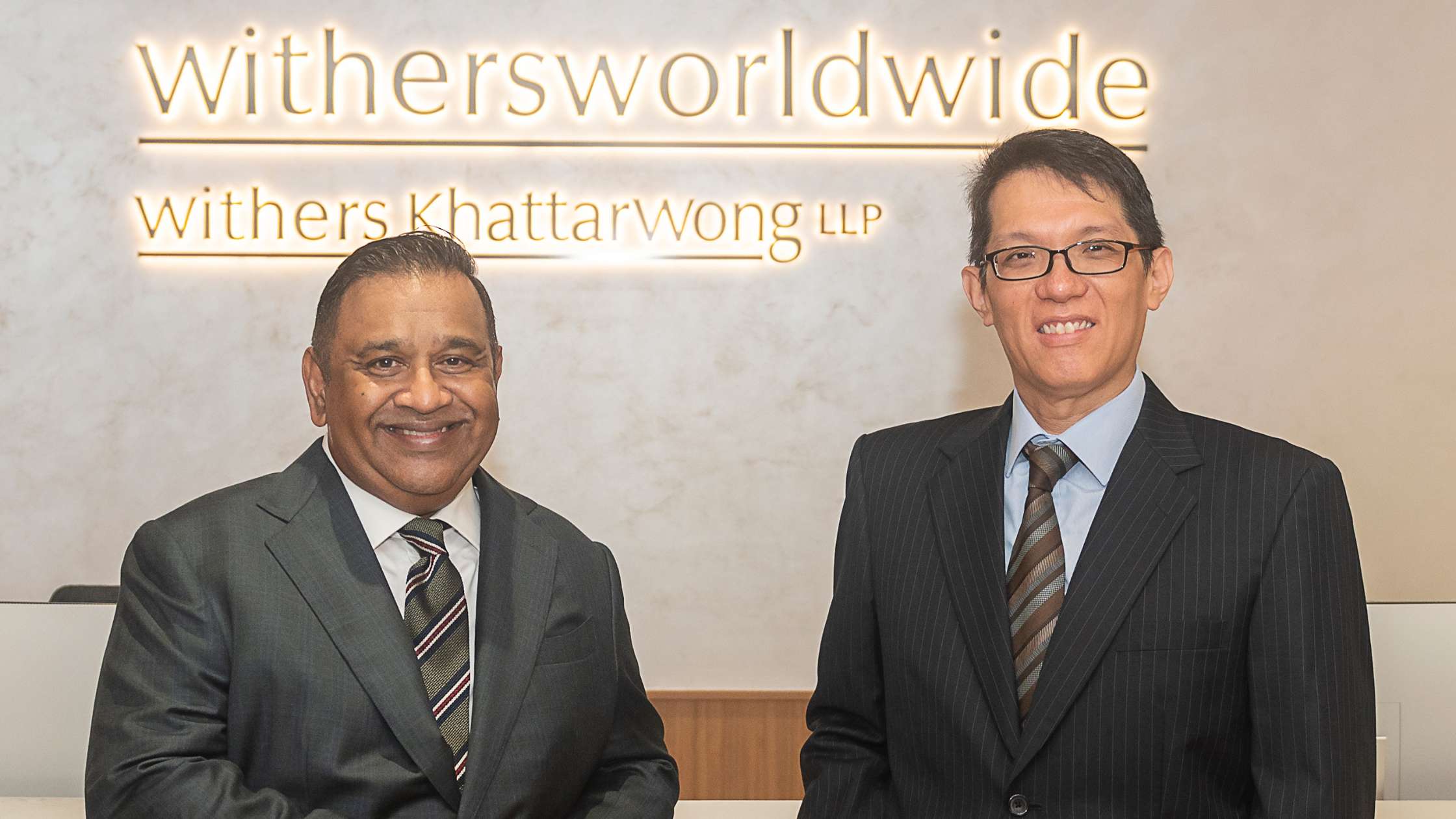August 30, 2024
By, Vaibhav Saxena, Foreign Counsel and Quang Anh Nguyen, Associate Australia and Vietnam have forged a robust and multifaceted relationship over the years, marked by mutual respect, shared interests, and strategic cooperation. On 07 March 2024, this partnership reached a significant milestone with the elevation to a Comprehensive Strategic Partnership, underscoring the depth and breadth of ties between the two nations. Mutual Partnership Vietnam and Australia have shared strong bilateral relations in terms of history. Ever since the establishment of diplomatic relations in 1973, both countries have built a robust and broad relationship with the foundation of trust and deep understanding. During the initial phases of the COVID-19 pandemic, Canberra emerged as Hanoi’s second-largest foreign donor, generously contributing 26.4 million vaccine doses. Additionally, Australia has extended substantial Official Development Assistance (ODA) to Vietnam, supporting critical areas such as human resource development, infrastructure, public health enhancement, and Vietnam’s participation in UN peacekeeping missions. These tangible examples underscore the robust bilateral ties between the two countries and highlight Australia’s genuine commitment to its relationship with Vietnam. Socially, Vietnamese Australians constitute the sixth-largest migrant community in Australia. Additionally, nearly 17,000 Vietnamese international students are enrolled in Australian educational and training institutions. The Vietnamese alumni, having graduated from Australian universities and subsequently returned to Vietnam for work, have forged a robust and meaningful connection between the two nations and their peoples. Trade and Investment Australia and Vietnam enjoy a dynamic economic partnership characterized by rapid growth in trade and investment. In the financial year 2022/23, bilateral trade surged to $25.7 billion, reflecting a substantial increase of 75% from 2020. Vietnam’s vibrant economy, with... April 10, 2024
As of February 25, 2024, Ibrahim Sjarief Assegaf takes over from Bono Daru Adji as Managing Partner at Assegaf Hamzah & Partners. “I am honoured to step into the role of Managing Partner at AHP. I look forward to the opportunities ahead, and am committed to building on Bono’s strong foundation. Together, we will continue delivering exceptional service to our clients, while upholding the values that define our firm,” said Ibrahim. Bono reflects on his decade-long tenure, and commends Ibrahim. “Serving as the Managing Partner of AHP has been a privilege. Together, we’ve navigated triumphs and challenges, weathering the storm of a pandemic, and celebrating noteworthy achievements. I am confident in Ibrahim’s ability to lead our firm to greater heights. His wealth of experience, innovative vision, and deep understanding of our firm’s culture make him the ideal choice to guide us forward,” Bono said. Co-Founder and Partner Chandra Hamzah commends Bono’s leadership, citing a tenure marked by unprecedented heights in the areas of practice and talent management. During this period, Chandra highlights that the firm has garnered numerous accolades, including being named law firm of the year for five consecutive years across major legal guides. Under Bono’s guidance, AHP successfully navigated the challenging landscape shaped by the COVID-19 pandemic and its aftermath. The firm emerged triumphantly, a testament to the team’s meticulous preparedness, outstanding client relations, strategic management, and a steadfast commitment to prioritising the well-being of its people. Looking forward, Chandra expresses confidence in Ibrahim’s ability to seamlessly continue the firm’s upward... December 28, 2022
As cross-border transactions are becoming increasingly common, businesses and individuals are turning to electronic means to save time and costs. Instead of waiting for documents to be transported by courier around the globe, the relevant parties can finalize and execute their contract in a matter of seconds, in the comfort of their own base. The steady rise of globalization, coupled with the social distancing protocol of COVID-19, is further accelerating the popularity of electronic signatures in 2020. Their growing prevalence brings forth questions about their legitimacy, effectiveness, and security. Fortunately, the technological advancement behind their conception and the maturing legal infrastructure built around electronic sign-offs are attesting to their positive values: electronic execution of contracts is a sufficient alternative to, if not a replacement of, in-person procedures. Legal Infrastructure In order for electronic signatures to be widely used, they have to be deemed legally valid under the relevant jurisdiction. As early as the late 1990s, legislative bodies around the world have come to grant electronic signatures the same legal status as handwritten signatures, encouraging businesses to adopt the paperless practice. In 2020, electronic signatures are legally recognized in over 60 countries. In Vietnam, electronic signatures have been given legal effect and enforceability since 2005. According to Article 21.1, Law on E-transactions 2005, “an [electronic] signature is established in the form of words, letters, numbers, symbols, sound, or other forms by electronic means, logically attached with or associated with a data message, which has an ability to certify the person who signs the data message and to certify the approval of such person to the content of the signed data... December 20, 2022
As humans, we are thought to be cognitively hardwired to resist change. As lawyers, this predisposition has been reinforced through years of adhering to precedent and defending the status quo – lending the profession a reputation of conservatism. Shogo Osaka, Managing Director, Legal at FedEx Express North Pacific region, recognizes this characteristic of the occupation, but is optimistic about its potential for development. “We are too busy with traditional legal work to spare time for learning and practicing technology which has yet to be valued as our profession’s core competency,” he said. “But given our profession’s strong logical thinking skills, I believe lawyers are capable enough to catch up with technology if so motivated.” Daniel Walker, Chief Commercial Officer of Zegal, an ‘end-to-end platform for the legals smaller companies need’, shares similar sentiments. “From my view,” he said, “it’s not that lawyers are against technology, it’s simply that they are very focused on the law and anything outside of that is less important. Legal tech has highlighted the inefficiencies of the traditional law firm structure and now clients are asking for a more efficient, less expensive structure.” Pandemic Shake-Up While technological innovation may have received a cool embrace by the sector pre-pandemic, COVID-19 has forced a shake-up within the legal profession. Change became our constant as we moved to lockdowns and working from home. Courts were disrupted and the business travel we loved to hate was cancelled (although see this issue’s article by Ban Jiun Ean of Maxwell Chambers on why it may yet come back strong). Up sprang both new solutions and those which had quietly been sitting... November 28, 2022
From London and The Hague, to Singapore and Hong Kong – Liu leverages on his international experience as he forges a new path as independent arbitrator 1. Can you please share with us a little of your background prior to joining the Hong Kong International Arbitration Centre (HKIAC), and what your time spent there was like? I started my career at the Singapore International Arbitration Centre. I then did two internships at the High Court of Hong Kong and the Permanent Court of Arbitration in The Hague. After completing the internships, I joined Allen & Overy (A&O)’s Hong Kong office as part of their Global Arbitration Group. During my time at A&O, I was appointed as a member of the HKIAC Rules Revision Committee which was tasked for with drafting the 2013 HKIAC Administered Arbitration Rules. With that experience, I joined the HKIAC in 2014 and began my eight years of journey at the institution. I had a hand in many aspects of HKIAC’s operations including case management supervision, rules drafting, corporate governance and business development. There was no fixed description of my role at the HKIAC and my work every day was different and interesting. I spearheaded many of the HKIAC’s initiatives and drafted some of their practice notes and guidelines. It was an invaluable opportunity to gain insights on the institution’s internal management and practice and to work with many talented people. 2. What prompted your recent move to being an independent arbitrator and how have you found the transition thus far? Can you tell us a little about your new practice? Having worked in private practice and... Upcoming Events
Recent Past Events















